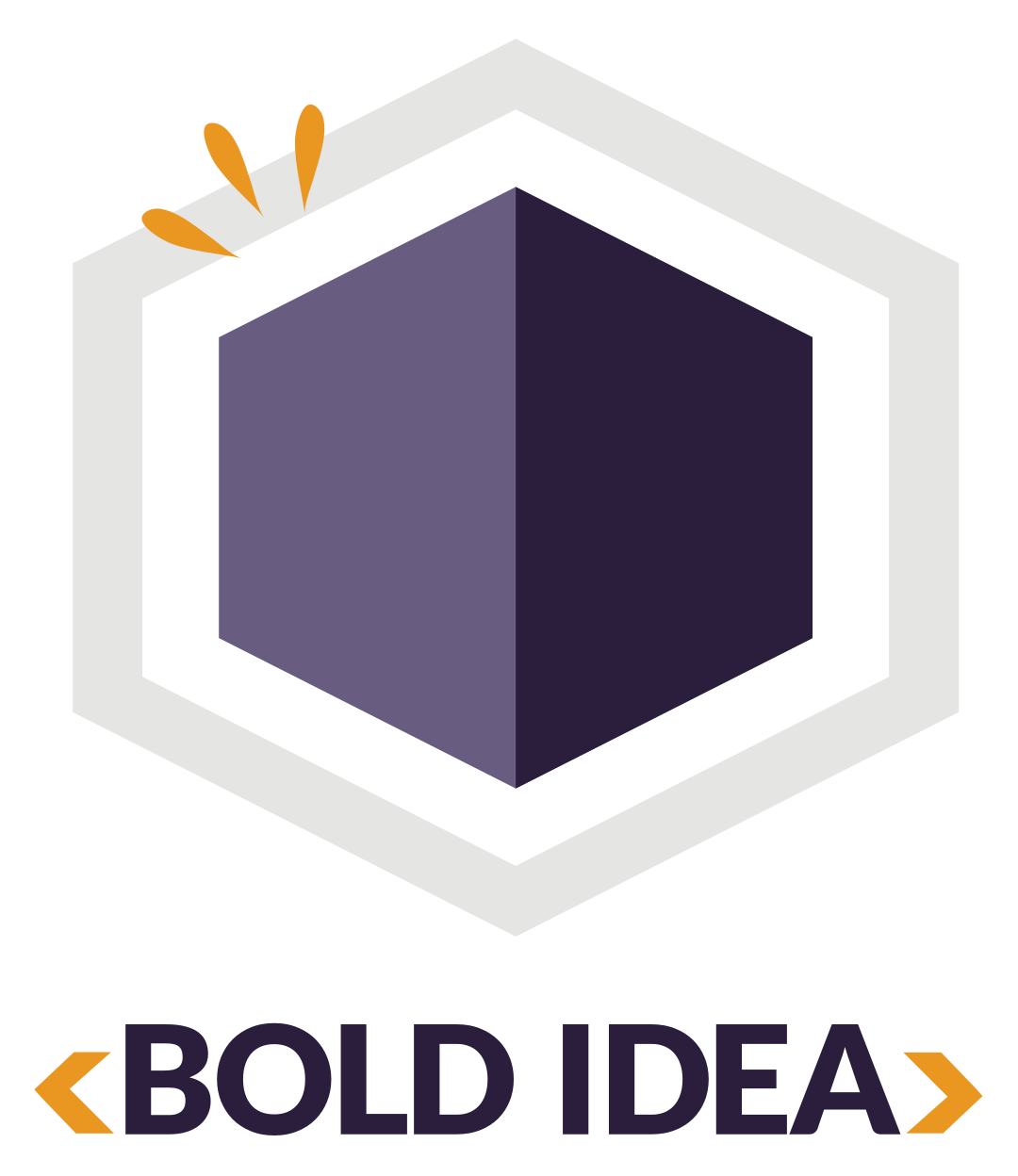By Jeff Grogan
Programmers, IT professionals and even your internet repair man can be portrayed as niche occupations. So when students show interest in computer science at a young age, they can be discouraged by those who think programming is a distraction from their “real” education. In reality, studying computer science has practical benefits for just about every subject area, not to mention ample career opportunities.
Math and science
At its core, much of computer science is built on mathematical principles; programs move step-by-step to accomplish tasks and are designed to either work or fail — no room for gray areas. Coding also uses variables extensively, and search tools use complicated algorithms to deliver relevant results quickly. These basic searching techniques are often the first steps to learning coding concepts like if/then parameters and recursion sorting.
Computer science has also revolutionized statistical analysis by giving computers the freedom to learn from previous information and scale up to account for massive amounts of data. By teaching programs to gather data, sort it and pick out what’s relevant, students will practice valuable analytical steps that also appear in countless biology, chemistry and physics experiments.
Language arts and history
Coding is a type of storytelling; it involves a beginning, middle and end. When programmers forget a line or put events out of order, their program won’t work. Troubleshooting broken code teaches students to pay careful attention to the progression of events in a concrete way.
Similarly, the heart of learning history is understanding cause and effect relationships. Chaining together character movements in Scratch is a lot like sorting the events that contribute to major discoveries and revolutions. In addition, computational thinking helps students disassemble complicated historical trends into simpler, more manageable parts. It’s a lot easier to grasp the myriad influences of the industrial revolution if you’ve built a web page using several different coded elements.
Research shows kids who write simple programs involving school content will learn that content better than peers who studied it normally. For instance, creating a flashcard app for an upcoming vocabulary test may be all the review a computer science student needs.
Art and design
Although phrases like “computational thinking” and “algorithmic problem-solving” seem to belong exclusively to non-artistic subjects, computer science principles can also improve artists’ creative ability.
Teaching computer science to students relies heavily on having them identify flaws and improve them with code. Artists, especially designers, deal with these same themes every day. Equipping creative minds with analytical power puts real-world relevance in the things they create.
Another misconception about programming is that it stifles self-expression. On the contrary, students and professionals find deep satisfaction in the code they create because it gives them a highly organized place to make their thoughts reality. Take one computer science student study participant, who wrote the following reflection in her research journal:
CompsciStudent kathy = new CompsciStudent();
kathy.studyLikeAManiac(1);
kathy.comeUpWithFinalProjectIdeas();
kathy.goCrazyOverFinalProjectFormatting();
kathy.jumpForJoyBecauseTheButtonsArePrettyColors();
kathy.studyLikeAManiac(2);
kathy.moreFInalProject();
kathy.wowI‟veLearnedLotOfCompsci();
kathy.sixDaysIsNotEnoughtToGetThisDone();
kathy.crapThereIsAQuizTomorrowOnMuchHarderStuffThanMatrices();
kathy.codeWritingforJournalEntries?_wowIHaveAProblem();
System.exit(0);
Finally, consider that most modern animated movies and TV shows involve tons of coding. Computer science is responsible for increasingly realistic physics, human movement, and scenery in both video games and film. If you want to pursue a career in any of these fields, picking up even a basic knowledge of coding will serve you well.
One subject, many applications
Kids who study computer science learn concepts in coding that apply to all areas of their education. Computational thinking skills are practical and enriching, as they equip students to think critically and deeply about how to solve problems. Most importantly, however, kids have fun bringing their ideas to life through code. This excitement empowers them to pursue open-ended problems even when they’re difficult.
Jeff Grogan is a professional freelance writer and editor. He supports Bold Idea because he believes in the unifying, empowering effect programming can have on students. Bold Idea inspires him to work graciously and meet practical needs with the skills he has.

